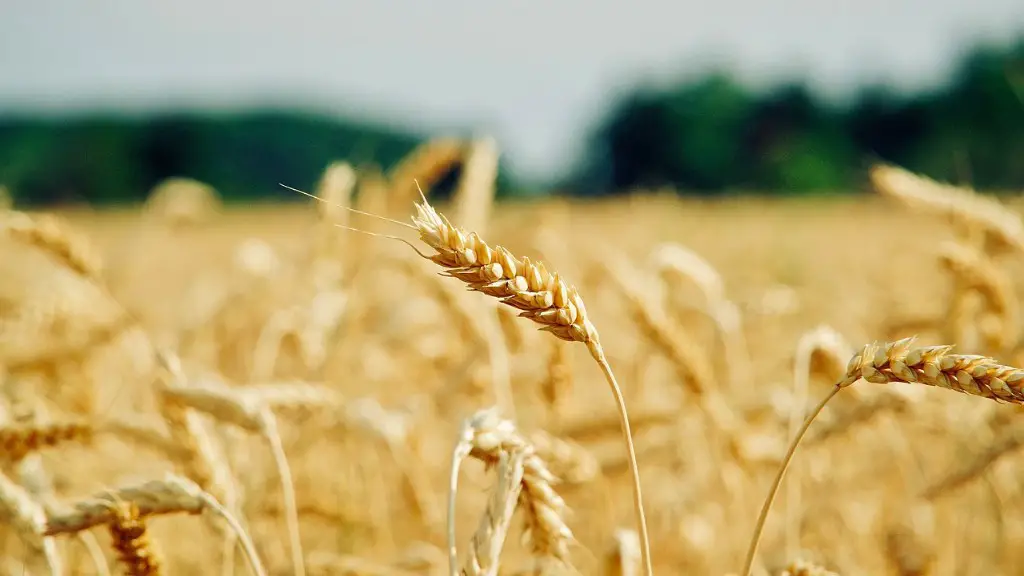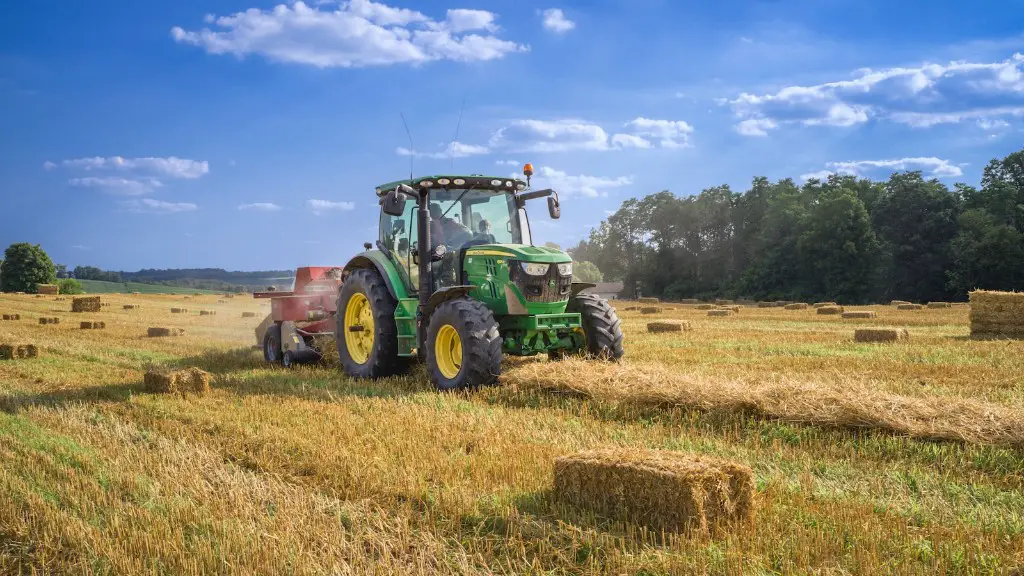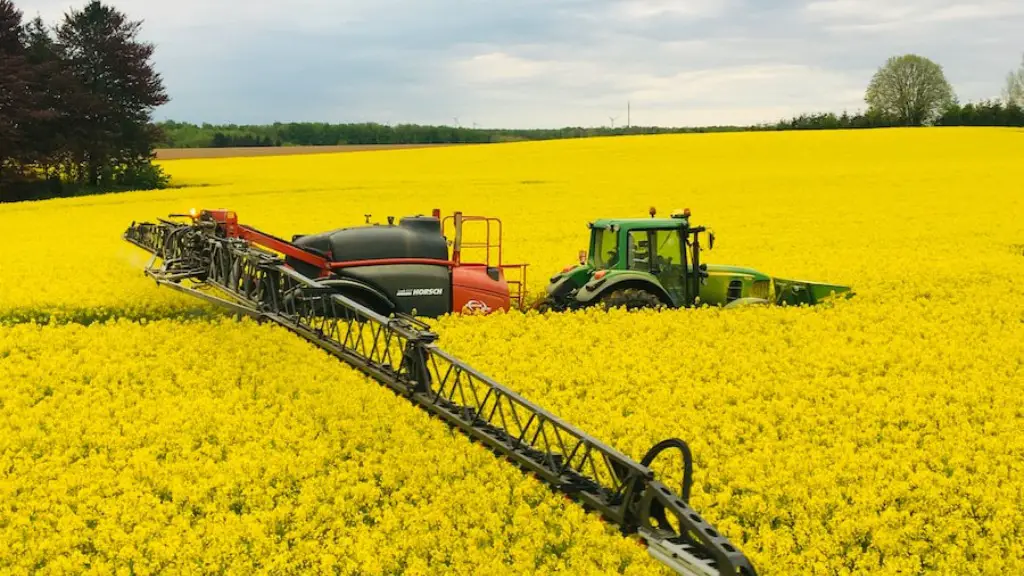Agriculture is a crucial industry in India and its universities have contributed to its socioeconomic development. According to numerous sources, the Government of India established the first university exclusively dedicated to agriculture in 1945. Known as the Indian Agricultural Research Institute (IARI), it is located in Delhi and is one of the most prestigious agricultural universities in the country. It was initially established to serve as a training institute and research body with the mandate to improve agricultural production and boost the national economy. Throughout its long history, the IARI has expanded in size and scope and now offers a broad array of graduate, postgraduate and doctoral programs in a range of agricultural fields. In addition to that, the institute also engages in a range of community-oriented activities and initiatives.
The Aim of Indian Agricultural Research Institute
The main aim of IARI is to provide researchbased solutions for problems associated with exploitation of natural resources, paving the way for better technology and management systems. The university has achieved its objective by using the latest technology and combining it with sound research. As a result, IARI has been at the vanguard of advancements in the agricultural sector, and it has been instrumental in making India a major international agricultural powerhouse. It also has a rich history of scholarship, with several alumni and researchers recognized internationally for their seminal contributions to the field. Some of India’s most prominent institutions are also attached to the university, including the National Research Centre for Weed Science and the National Research Centre for Integrated Pest Management.
The Course Offered in IARI
The IARI offers a range of bachelor’s and master’s degree programs in agriculture, horticulture, animal husbandry, dairy science, soil science, forestry and related areas. It also offers doctoral programs in all these areas as well as agricultural biotechnology, plant molecular biology and molecular genetics. Students have the opportunity to pursue their research in advanced fields such as genetic engineering, biochemistry, molecular biology, crop science and forestry. The university has a long-standing commitment to excellence in teaching and research, and its faculty and staff are widely respected in the industry.
The Facilities at IARI
The IARI campus consists of a number of different facilities, including laboratories, lecture halls, libraries, greenhouses, and research centers. The university also provides housing and has a number of campuses strategically located across India. Additionally, IARI sponsors a number of extracurricular activities and events in areas such as sports, cultural activities, and creativity. The university also offers plenty of opportunities for students to participate in internships and training programs, as well as cultural and service activities that are relevant to the agricultural sector.
The Achievements of IARI
The IARI is one of India’s foremost universities and its alumni have made a mark in the global agricultural sector. It has trained thousands of fresh graduates and postgraduates, and its research has revolutionized the sector. In addition, the IARI also offers ample opportunities for students seeking research based training as well as those hoping to pursue advanced studies in the agricultural field. As a testament to its achievements, the IARI has been awarded the Padma Bhushan, the country’s highest civilian award.
The Impact of IARI
The IARI has had a lasting impact on the agricultural sector over the years, with its research, training and teaching activities leading to an increased understanding of the sector and development of better technologies and farming practices. The university’s achievements have been testament to the dedication of its faculty and staff in developing the sector, and its role in the development of modern agriculture in India cannot be overstated. The IARI is a source of pride for the nation, and its alumni have become household names in the field of agriculture.
The Contribution of IARI in Research
The IARI has been involved in research on a broad range of issues related to the agricultural sector. Its research activities are varied, from looking into the effects of climate change on agricultural production to finding sustainable solutions for soil erosion, pest management and irrigation. The institution has also been a leader in the field of genetic engineering, as it has been able to successfully sequence the genome of a variety of plants and animals. IARI’s research has laid the groundwork for the successful development of newer, more efficient and more reliable varieties of crops and livestock.
The IARI Alumni
IARI has an international alumni network that consists of a number of distinguished individuals and prominent businesses. Alumni of this prestigious institution are working around the world in a range of positions, from researchers and professors to executives at top companies. They have also taken up leadership roles in various domains, making positive contributions to their respective fields and upholding the legacy of IARI.
The Collaboration of IARI with International Universities
IARI has a good relationship with several international universities, which has enabled it to develop relevant programs and courses for its students. The university has several collaborative research and exchange programs with international universities, which are aimed at facilitating intellectual learning and engaging in collaborative projects. Additionally, IARI also promotes a number of professional development workshops and conferences, through which students and faculty can learn from experts in the field and The institute is also actively engaged in promoting public awareness and understanding of the agricultural sector and its advancements.


